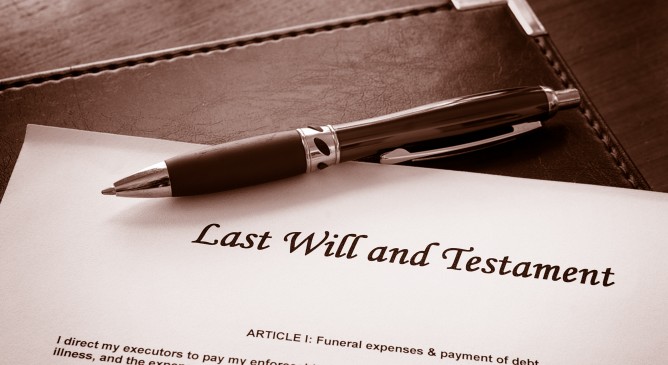Finding information about an estate or a will in Ontario

Wills can be drafted by any lawyer and are often prepared (usually with errors) by non-lawyers, including the deceased. A lawyer is not obliged to keep the original, which may have been given to the testator, and then it may have been lost. The destruction or loss of an original Will is presumed to …





